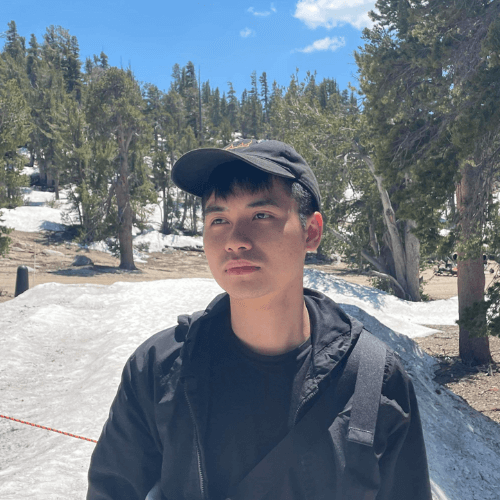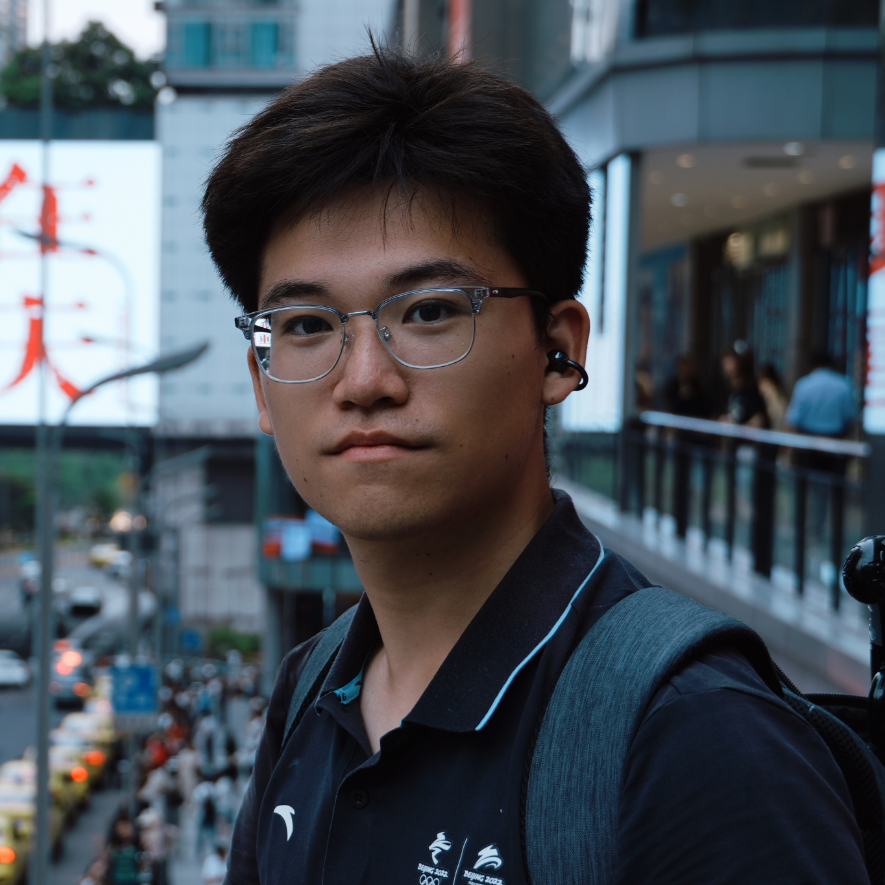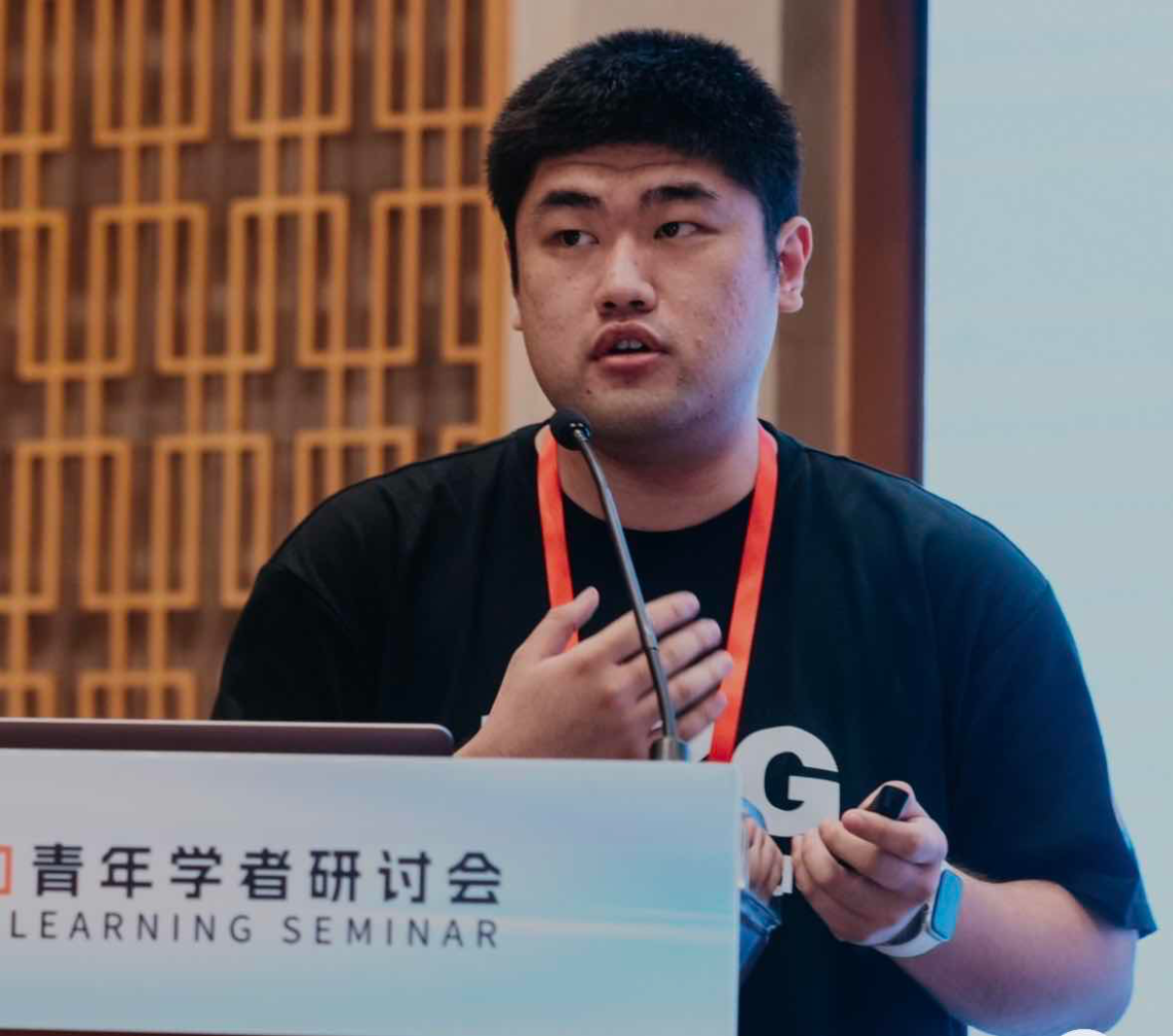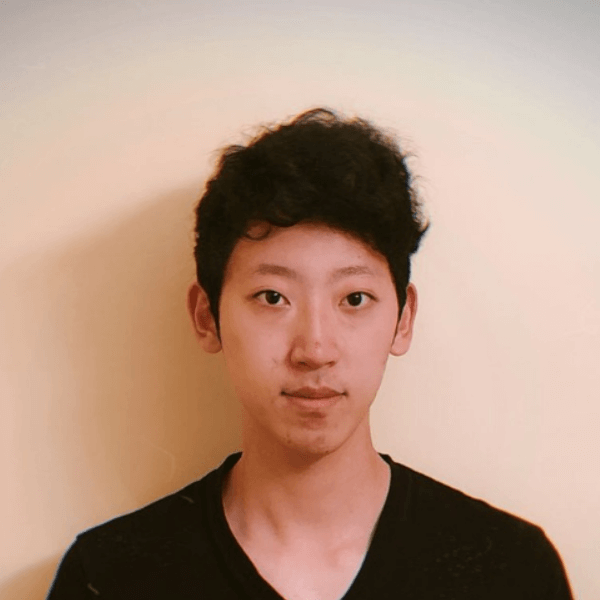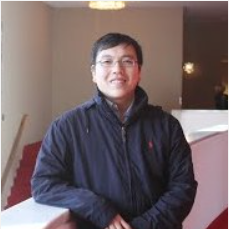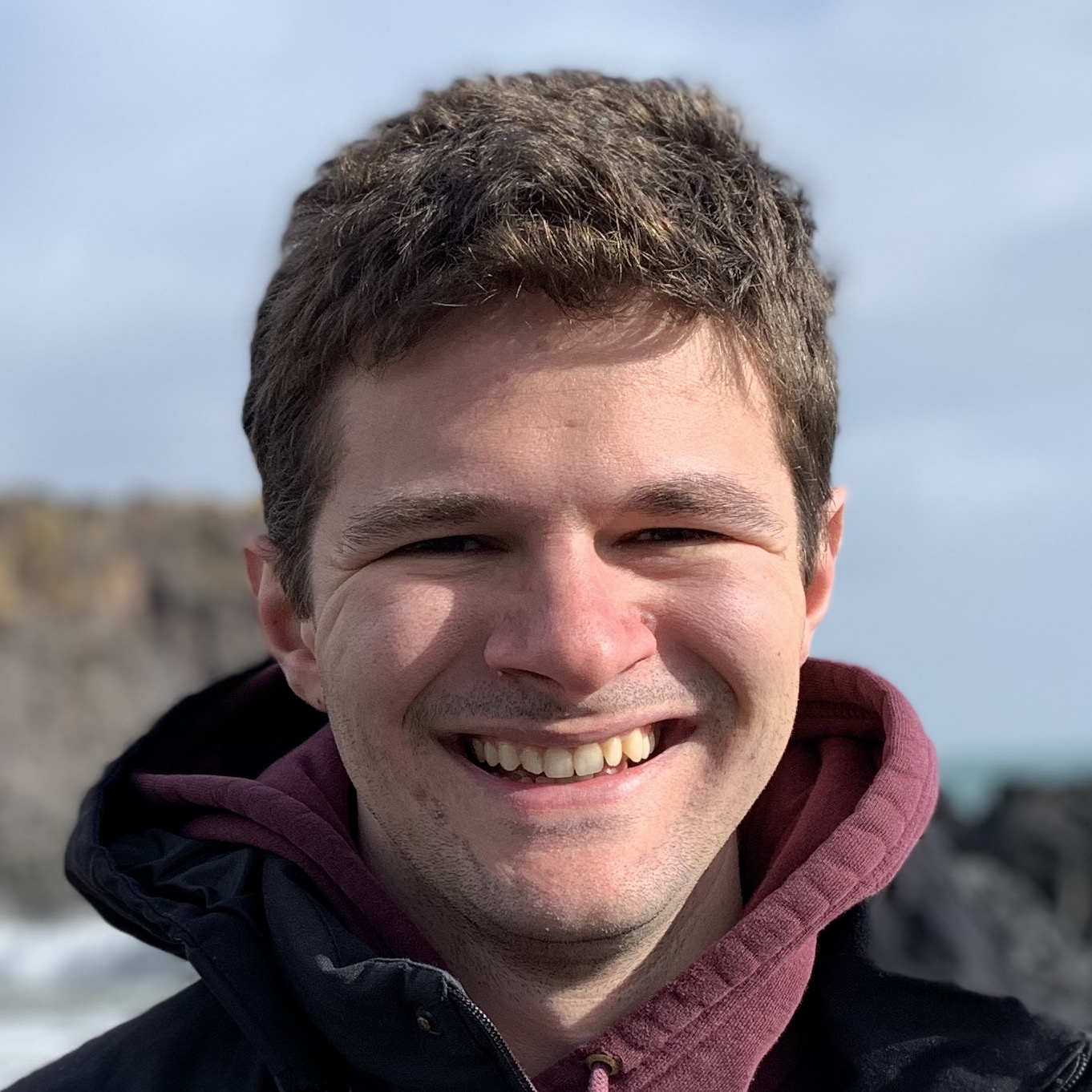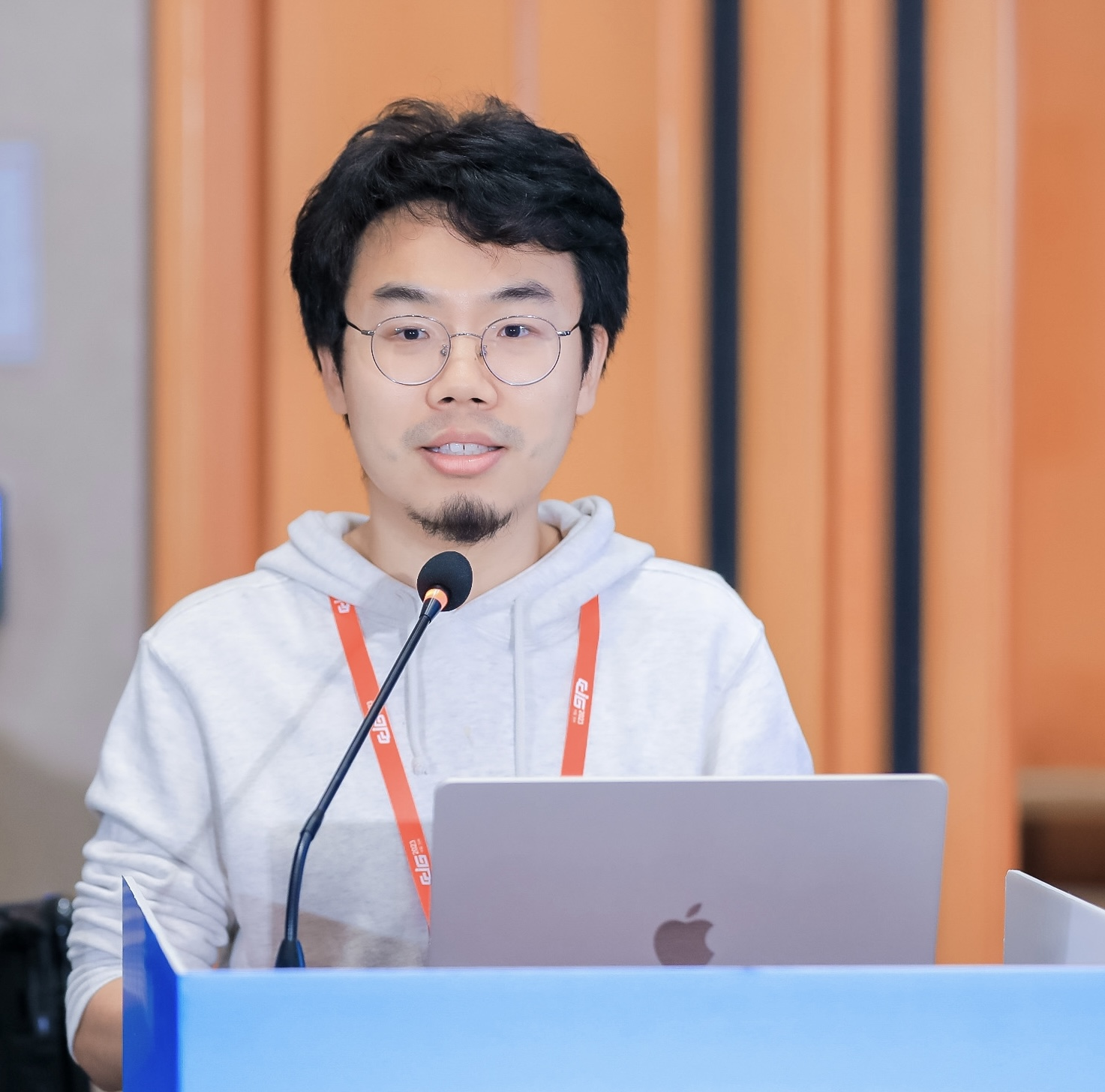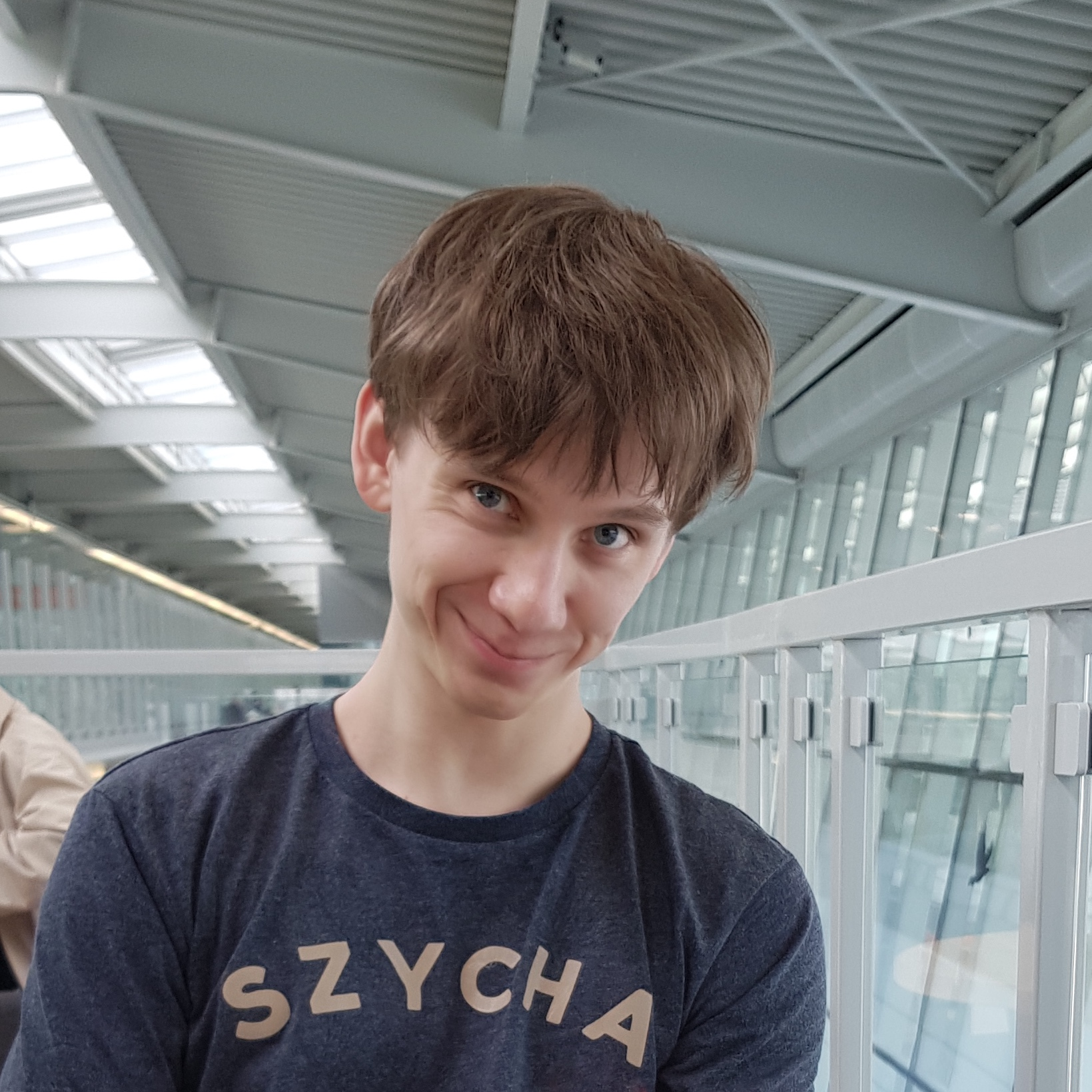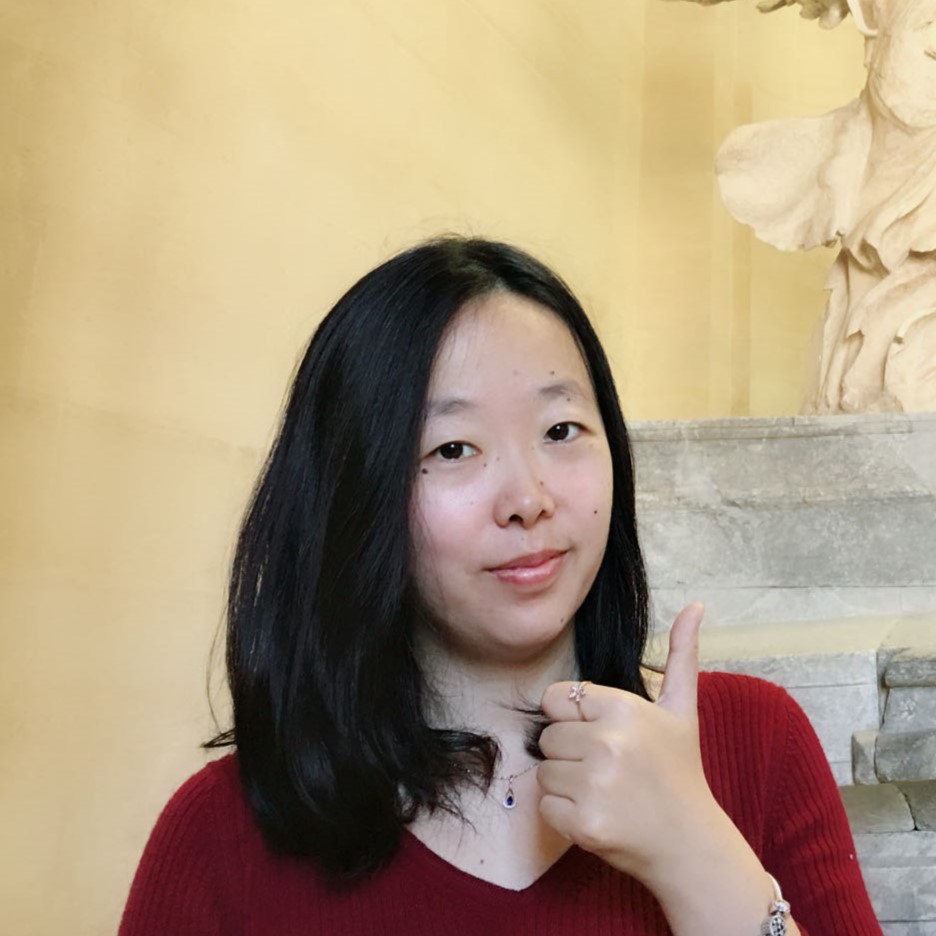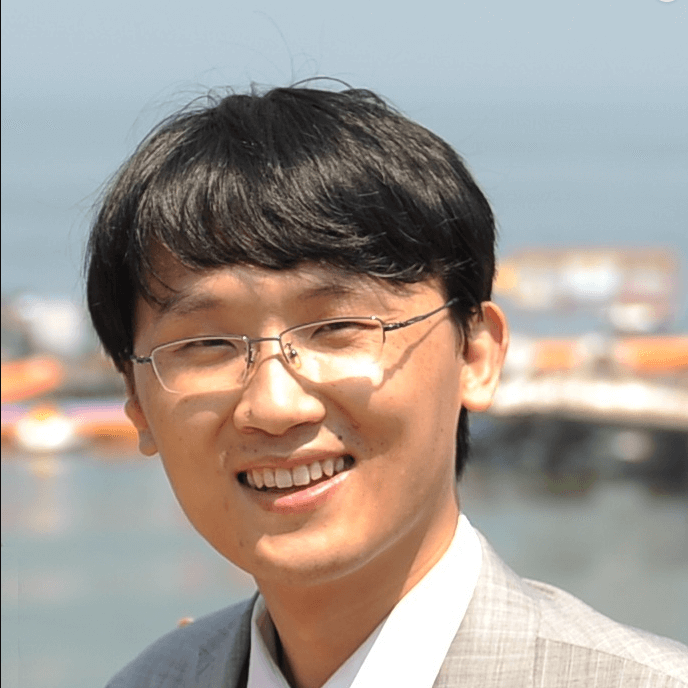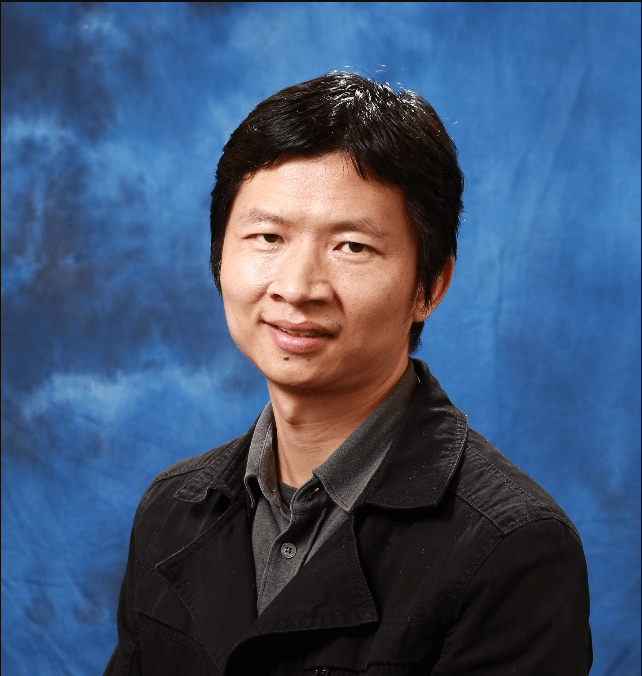[6] C. Zhang, Z. Yang, J. Liu, Y. Han, X. Chen, Z. Huang, B. Fu, and G. Yu. Appagent: Multimodal agents as smartphone users, 2023.
[7] T. Eloundou, S. Manning, P. Mishkin, and D. Rock. Gpts are gpts: An early look at the labor market impact potential of large language models, 2023.
[8] Ormazabal, Aitor, et al. "Reka Core, Flash, and Edge: A Series of Powerful Multimodal Language Models." arXiv preprint arXiv:2404.12387 (2024).
[9] Bai, J., Bai, S., Yang, S., Wang, S., Tan, S., Wang, P., ... & Zhou, J. (2023). Qwen-vl: A frontier large vision-language model with versatile abilities. arXiv preprint arXiv:2308.12966.
[10] Sora: Creating video from text. (n.d.). https://openai.com/sora
[11] Ma, X., Wang, Y., Jia, G., Chen, X., Liu, Z., Li, Y. F., ... & Qiao, Y. (2024). Latte: Latent diffusion transformer for video generation. arXiv preprint arXiv:2401.03048.
[12] Shavit, Y., Agarwal, S., Brundage, M., Adler, S., O’Keefe, C., Campbell, R., ... & Robinson, D. G. (2023). Practices for Governing Agentic AI Systems. Research Paper, OpenAI, December.
[13] N. Carlini, M. Nasr, C. A. Choquette-Choo, M. Jagielski, I. Gao, A. Awadalla, P. W. Koh, D. Ippolito, K. Lee, F. Tramer, and L. Schmidt. Are aligned neural networks adversarially aligned?, 2023.
[14] A. Chan, R. Salganik, A. Markelius, C. Pang, N. Rajkumar, D. Krasheninnikov, L. Langosco, Z. He, Y. Duan, M. Carroll, M. Lin, A. Mayhew, K. Collins, M. Molamohammadi, J. Burden, W. Zhao, S. Rismani, K. Voudouris, U. Bhatt, A. Weller, D. Krueger, and T. Maharaj. Harms from increasingly agentic algorithmic systems. In 2023 ACM Conference on Fairness, Accountability, and Transparency, FAccT ’23. ACM, June 2023. doi: 10.1145/3593013.3594033. URL http://dx.doi.org/10.1145/3593013.3594033.
[15] Gemini Team. Gemini: A family of highly capable multimodal models, 2023.
[16] T. Shevlane, S. Farquhar, B. Garfinkel, M. Phuong, J. Whittlestone, J. Leung, D. Kokotajlo, N. Marchal, M. Anderljung, N. Kolt, L. Ho, D. Siddarth, S. Avin, W. Hawkins, B. Kim, I. Gabriel, V. Bolina, J. Clark, Y. Bengio, P. Christiano, and A. Dafoe. Model evaluation for extreme risks, 2023.
[17] L. Weidinger, M. Rauh, N. Marchal, A. Manzini, L. A. Hendricks, J. Mateos-Garcia, S. Bergman, J. Kay, C. Griffin, B. Bariach, I. Gabriel, V. Rieser, and W. Isaac. Sociotechnical safety evaluation of generative ai systems, 2023.
[18] L. Bailey, E. Ong, S. Russell, and S. Emmons. Image hijacks: Adversarial images can control generative models at runtime, 2023.
[19] Jain, N., Schwarzschild, A., Wen, Y., Somepalli, G., Kirchenbauer, J., yeh Chiang, P., ... & Goldstein, T. (2023). Baseline defenses for adversarial attacks against aligned language models.
[20] Robey, A., Wong, E., Hassani, H., & Pappas, G. J. (2023). SmoothLLM: Defending large language models against jailbreaking attacks.
[21] B. Wang, W. Chen, H. Pei, C. Xie, M. Kang, C. Zhang, C. Xu, Z. Xiong, R. Dutta, R. Schaeffer, et al. Decodingtrust: A comprehensive assessment of trustworthiness in gpt models. 2023.
[22] Chan, A., Ezell, C., Kaufmann, M., Wei, K., Hammond, L., Bradley, H., ... & Anderljung, M. (2024). Visibility into AI Agents. arXiv preprint arXiv:2401.13138.
[23] Huang, Q., Dong, X., Zhang, P., Wang, B., He, C., Wang, J., Lin, D., Zhang, W., & Yu, N. (2023). Opera: Alleviating hallucination in multi-modal large language models via over-trust penalty and retrospection-allocation.
[24] Sharma, M., Tong, M., Korbak, T., Duvenaud, D., Askell, A., Bowman, S. R., ... & Perez, E. (2023). Towards understanding sycophancy in language models.
[25] Meng, K., Bau, D., Andonian, A., & Belinkov, Y. (2022). Locating and editing factual associations in GPT.
[26] A. Zou, L. Phan, S. Chen, J. Campbell, P. Guo, R. Ren, A. Pan, X. Yin, M. Mazeika, A.-K. Dombrowski, S. Goel, N. Li, M. J. Byun, Z. Wang, A. Mallen, S. Basart, S. Koyejo, D. Song, M. Fredrikson, J. Z. Kolter, and D. Hendrycks. Representation engineering: A top-down approach to ai transparency, 2023.
[27] Kirchenbauer, J., Geiping, J., Wen, Y., Katz, J., Miers, I., & Goldstein, T. (2023). A watermark for large language models. In Proceedings of the 40th International Conference on Machine Learning.
[28] Nasr, M., Carlini, N., Hayase, J., Jagielski, M., Cooper, A. F., Ippolito, D., ... & Lee, K. (2023). Scalable extraction of training data from (production) language models.
[29] S. R. Bowman, J. Hyun, E. Perez, E. Chen, C. Pettit, S. Heiner, K. Lukoˇsi ̄ut ̇e, A. Askell, A. Jones, A. Chen, A. Goldie, A. Mirhoseini, C. McKinnon, C. Olah, D. Amodei, D. Amodei, D. Drain, D. Li, E. Tran-Johnson, J. Kernion, J. Kerr, J. Mueller, J. Ladish, J. Landau, K. Ndousse, L. Lovitt, N. Elhage, N. Schiefer, N. Joseph, N. Mercado, N. DasSarma, R. Larson, S. McCandlish, S. Kundu, S. Johnston, S. Kravec, S. E. Showk, S. Fort, T. Telleen-Lawton, T. Brown, T. Henighan, T. Hume, Y. Bai, Z. Hatfield-Dodds, B. Mann, and J. Kaplan. Measuring progress on scalable oversight for large language models, 2022.
[30] Yao, Y., Xu, X., & Liu, Y. (2023). Large language model unlearning. arXiv preprint arXiv:2310.10683.
[31] S. Casper, C. Ezell, C. Siegmann, N. Kolt, T. L. Curtis, B. Bucknall, A. Haupt, K. Wei, J. Scheurer, M. Hobbhahn, L. Sharkey, S. Krishna, M. V. Hagen, S. Alberti, A. Chan, Q. Sun, M. Gerovitch, D. Bau, M. Tegmark, D. Krueger, and D. Hadfield-Menell. Black-box access is insufficient for rigorous ai audits, 2024.
[32] M. Bhatt, S. Chennabasappa, C. Nikolaidis, S. Wan, I. Evtimov, D. Gabi, D. Song, F. Ahmad, C. Aschermann, L. Fontana, S. Frolov, R. P. Giri, D. Kapil, Y. Kozyrakis, D. LeBlanc, J. Milazzo, A. Straumann, G. Synnaeve, V. Vontimitta, S. Whitman, and J. Saxe. Purple llama cyberseceval: A secure coding benchmark for language models, 2023.
[33] D. Ganguli, L. Lovitt, J. Kernion, A. Askell, Y. Bai, S. Kadavath, B. Mann, E. Perez, N. Schiefer, K. Ndousse, A. Jones, S. Bowman, A. Chen, T. Conerly, N. DasSarma, D. Drain, N. Elhage, S. El-Showk, S. Fort, Z. Hatfield-Dodds, T. Henighan, D. Hernandez, T. Hume, J. Jacobson, S. Johnston, S. Kravec, C. Olsson, S. Ringer, E. Tran-Johnson, D. Amodei, T. Brown, N. Joseph, S. McCandlish, C. Olah, J. Kaplan, and J. Clark. Red teaming language models to reduce harms: Methods, scaling behaviors, and lessons learned, 2022.
[34] Henderson, P., Mitchell, E., Manning, C., Jurafsky, D., & Finn, C. (2023). Self-destructing models: Increasing the costs of harmful dual uses of foundation models. In Proceedings of the 2023 AAAI/ACM Conference on AI, Ethics, and Society, AIES ’23.
[35] Y. Dong, H. Chen, J. Chen, Z. Fang, X. Yang, Y. Zhang, Y. Tian, H. Su, and J. Zhu. How robust is google’s bard to adversarial image attacks?, 2023.
[36] Yin, Z., Wang, J., Cao, J., Shi, Z., Liu, D., Li, M., Sheng, L., Bai, L., Huang, X., Wang, Z., & others (2023). LAMM: Language-Assisted Multi-Modal Instruction-Tuning Dataset, Framework, and Benchmark. arXiv preprint arXiv:2306.06687.
 ICML TiFA Workshop
ICML TiFA Workshop


